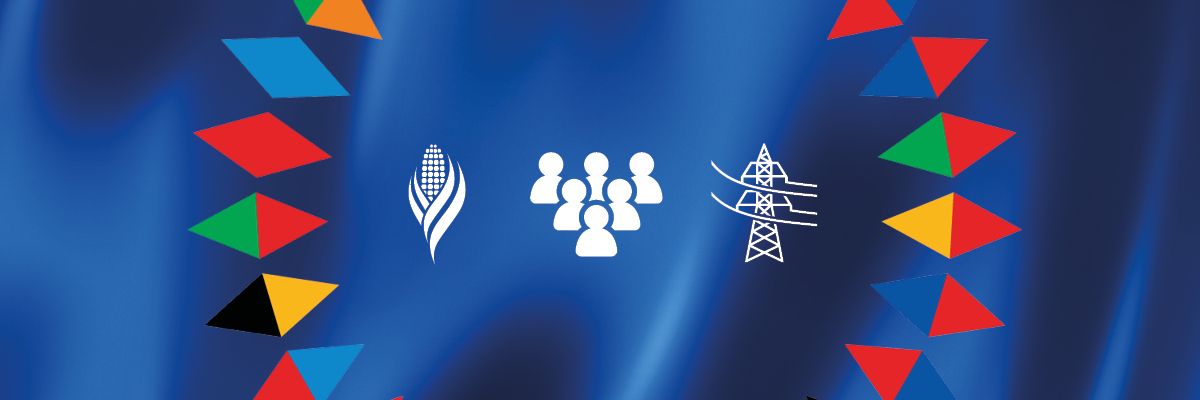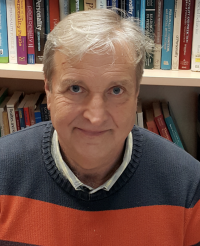
Andrzej Nowak
 Andrzej Nowak is a professor of psychology at the University of Warsaw, where he directs the Center for Complex Systems and New Technologies, at the Institute for Social Studies, and a professor of psychology at Florida Atlantic University. He is a chief narrative scientist at Reimagine Europa. His primary focus is on the dynamical approach to social psychology, computer simulations of psychological and social processes, psychological aspects of new technology, narratives, artificial intelligence, and cognitive psychology. He has done research concerning social influence, social transitions, social dilemmas, self, emotions, language, and artificial intelligence. His current research includes social processes on social media, social influence, synchronization, culture, conflict, and narratives. He publishes in both social and psychological journals (Psychological Review, Psychological Science), in physical journals (e.g., Physical Review Letters, Physical Review A., E), and in interdisciplinary journals (e.g., Scientific Reports). He is an author and editor of 17 books and over 200 papers and chapters.
Andrzej Nowak is a professor of psychology at the University of Warsaw, where he directs the Center for Complex Systems and New Technologies, at the Institute for Social Studies, and a professor of psychology at Florida Atlantic University. He is a chief narrative scientist at Reimagine Europa. His primary focus is on the dynamical approach to social psychology, computer simulations of psychological and social processes, psychological aspects of new technology, narratives, artificial intelligence, and cognitive psychology. He has done research concerning social influence, social transitions, social dilemmas, self, emotions, language, and artificial intelligence. His current research includes social processes on social media, social influence, synchronization, culture, conflict, and narratives. He publishes in both social and psychological journals (Psychological Review, Psychological Science), in physical journals (e.g., Physical Review Letters, Physical Review A., E), and in interdisciplinary journals (e.g., Scientific Reports). He is an author and editor of 17 books and over 200 papers and chapters.
Task Force on Sustainable Agriculture and Innovation of Re-Imagine Europa: European Narratives on Agriculture and Innovation
Abstract
The talk will focus on presenting the results of the research conducted by the Task Force on Sustainable Agriculture and Innovation of Re-Imagine Europa on narratives concerning agriculture and innovation. The full results are presented in the report Beyond the Apple of Discord, Existing Narratives, and Ways Forward.[1]
Europe needs more sustainable food systems to cope with dramatic changes to our natural environment, economic instability, and rapid societal transformation. The issue is extremely complex, involving many dimensions and multiple objectives such as feeding a growing global population, ensuring food safety, mitigating climate change, and environmental degradation, guaranteeing the development of rural areas, promoting economic growth, and equalizing the chances of different farming models. To address all these challenges, and to bring Europeans together in support of these solutions we need a new ecosystem for the debate on these topics that recognizes not only the multidimensionality of the issues at hand but also the complexity and intensity of the corresponding public discourse.
To better understand public knowledge and perceptions of these issues, we have adopted a narrative approach because it provides the tools to examine the values hidden behind individual positions and arguments. Our analysis has revealed that the discussion has been organized by a handful of highly polarized narratives that may be divided into two main groups, each group consisting of four basic narratives, with one group focusing on precaution and the other focusing more on innovation. At the same time, we recognized that many basic values are shared by the different sides of the debate, although the view of the best solutions may vary between the groups.
Our goal was to discover a set of common values and procedural rules that may serve as a starting point for a new, more polyphonic ecosystem for dialogue that would enable us to build an optimal portfolio of solutions.
To tap into the values that bind Europeans together, we need to overcome the apparent opposition between precaution and innovation, as well as other simplistic dualisms that polarize the current debate. We need to hear the voice of all stakeholders, especially farmers and consumers. When evaluating planned change, a comprehensive nuanced assessment of the effects on the system is needed with respect to many criteria, rather than a single criterion for evaluation.
Diversity, democracy, and freedom of choice, key European values, could guide us in the process of negotiating different approaches. Diverse stakeholders will need to work together to build a wide portfolio of solutions that would match the complexity of problems. We need an inclusive approach that considers the arguments of policymakers and scientists but also gives a fair platform to farmers and consumers. In this process the European institutions could adopt the role of an honest broker that openly presents various possibilities and facilitates the debate, rather than forcing a single solution.
[1] Re-Imagine Europa (2021) lead authors: Napiórkowski, M; Nowak, A.; Kearns, P.; Widegren, E.; Magan, J. and Nicolosi, M. A European Vision for Sustainable Agriculture and Innovation: Existing Narratives Shaping the Debate and Ways Forward. Brussels
Authors: Marcin Napiórkowski, Andrzej Nowak, Peter Kearns, Erika Widegren, John Magan and Matteo Nicolosi with the support of knowledge partners: ALLEA, Pere Puigdomènech and Mathijs Vleugel; and EU SAGE, Dirk Inzé and Oana Dima.